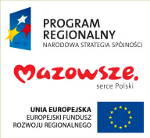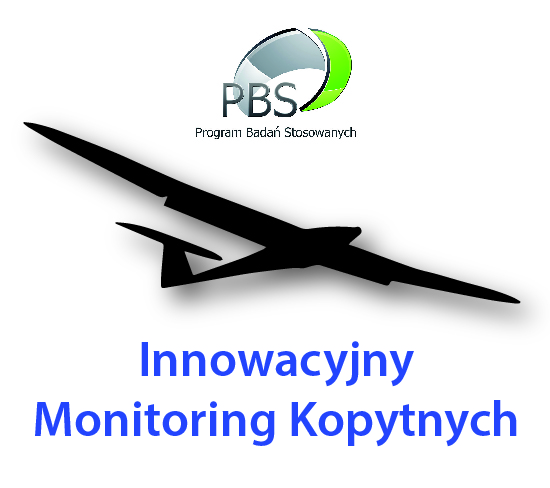Fundator
MUZEUM I INSTYTUT ZOOLOGII
POLSKA AKADEMIA NAUK
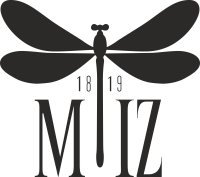
ul. Wilcza 64 00-679 Warszawa Tel.: +48(22)6287304
Tel./Fax: +48(22)6296302 E-mail: Ten adres pocztowy jest chroniony przed spamowaniem. Aby go zobaczyć, konieczne jest włączenie w przeglądarce obsługi JavaScript.
Zarząd Fundacji Natura optima dux
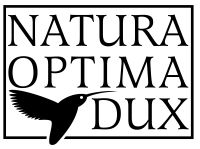 Skład
Skład
Przemysław Chylarecki (Prezes)
Katarzyna Rybarczyk-Mydłowska (Wiceprezes)
Alicja Bielska
Piotr Ślipiński
Regulamin
1. Zarząd Fundacji jest organem Fundacji
2. Zarząd działa na podstawie ogólnie obowiązujących przepisów, Statutu Fundacji oraz na podstawie niniejszego Regulaminu.
3. Członkowie Zarządu na swoim pierwszym posiedzeniu wybierają spośród swego grona Prezesa i dwóch zastępców. Wybór ten wymaga zatwierdzenia przez Radę Fundacji.
4. Prezes Zarządu kieruje pracami Zarządu Fundacji. W przypadku jego nieobecności funkcję tę sprawuje wyznaczony przez prezesa wiceprezes Zarządu.
5. Prezes Zarządu kieruje działalnością Fundacji, a ponadto upoważniony jest do:
- zatwierdzania sprawozdań i bilansów Fundacji
- zawieszania w czynnościach poszczególnych członków Zarządu do czasu podjęcia decyzji przez Radę Fundacji.
6. Do kompetencji Zarządu należą wszelkie sprawy związane z działalnością Fundacji, nie zastrzeżone powszechnie obowiązującymi przepisami lub Statutem.
- ustalania programu działania Fundacji oraz sposobów jego realizacji,
- ustalania struktury i wielkości zatrudnienia w Fundacji,
- podziału dochodów i środków Fundacji na poszczególne cele,
- przyjmowania darowizn, spadków i zapisów na rzecz Fundacji
- sporządzania rocznych sprawozdań z działalności Fundacji
- uchwalanie regulaminu organizacyjnego jednostek gospodarczych
7. Zarząd podejmuje decyzje w formie uchwał, w głosowaniu jawnym.
8. Uchwały zapadają zwykłą większością głosów, a w razie równości decyduje głos Prezesa.
9. W uzasadnionych przypadkach Zarząd może podjąć uchwałę w drodze obiegowej, bez odbywania posiedzenia.
10. Posiedzenia Zarządu zwoływane są przez Prezesa Zarządu lub na wniosek członków Zarządu.
11. Zmiany niniejszego regulaminu wymagają zgody większości członków Zarządu oraz zatwierdzenia przez Radę Fundacji.
12. Niniejszy Regulamin uchwalony przez Zarząd Fundacji w dniu 19 czerwca 2002 r. obowiązuje od dnia zatwierdzenia przez Radę Fundacji.
Rada Fundacji Natura optima dux
|
|
Regulamin
- Rada jest organem Fundacji.
- Rada opiniuje programy prowadzone przez Fundację oraz doradza w wyborze kierunków jej działania.
- Członkowie Rady pełnią swe funkcje honorowo i bezpłatnie.
- Rada ma prawo do wglądu do całej dokumentacji prowadzonej przez Fundację.
- Posiedzenia Rady zwołuje Przewodniczący Rady co najmniej raz do roku.
- Uchwały Rady zapadają zwykłą większością głosów przy obecności co najmniej połowy Rady z wyjątkiem uchwał w sprawie zmian Statutu, likwidacji Fundacji, zmian w składzie Zarządu oraz uzupełnienia składu Rady, wymagających woli co najmniej 2/3 składu Rady .
- W wyjątkowych, usprawiedliwionych przypadkach ważny głos może być oddany na piśmie, bez osobistego udziału w posiedzeniu Rady.
- Decyzje Rady Fundacji zapadają w głosowaniu jawnym.
- Na wniosek członka Rady głosowanie może być utajnione.
- Posiedzenia Rady Fundacji są protokołowane.
- Zmiana niniejszego regulaminu wymaga zgody całej Rady Fundacji.
- Niniejszy Regulamin uchwalony przez Radę Fundacji w dniu 14 listopada 2001 r. obowiązuje od dnia uchwalenia.
POLONEZ BIS 2
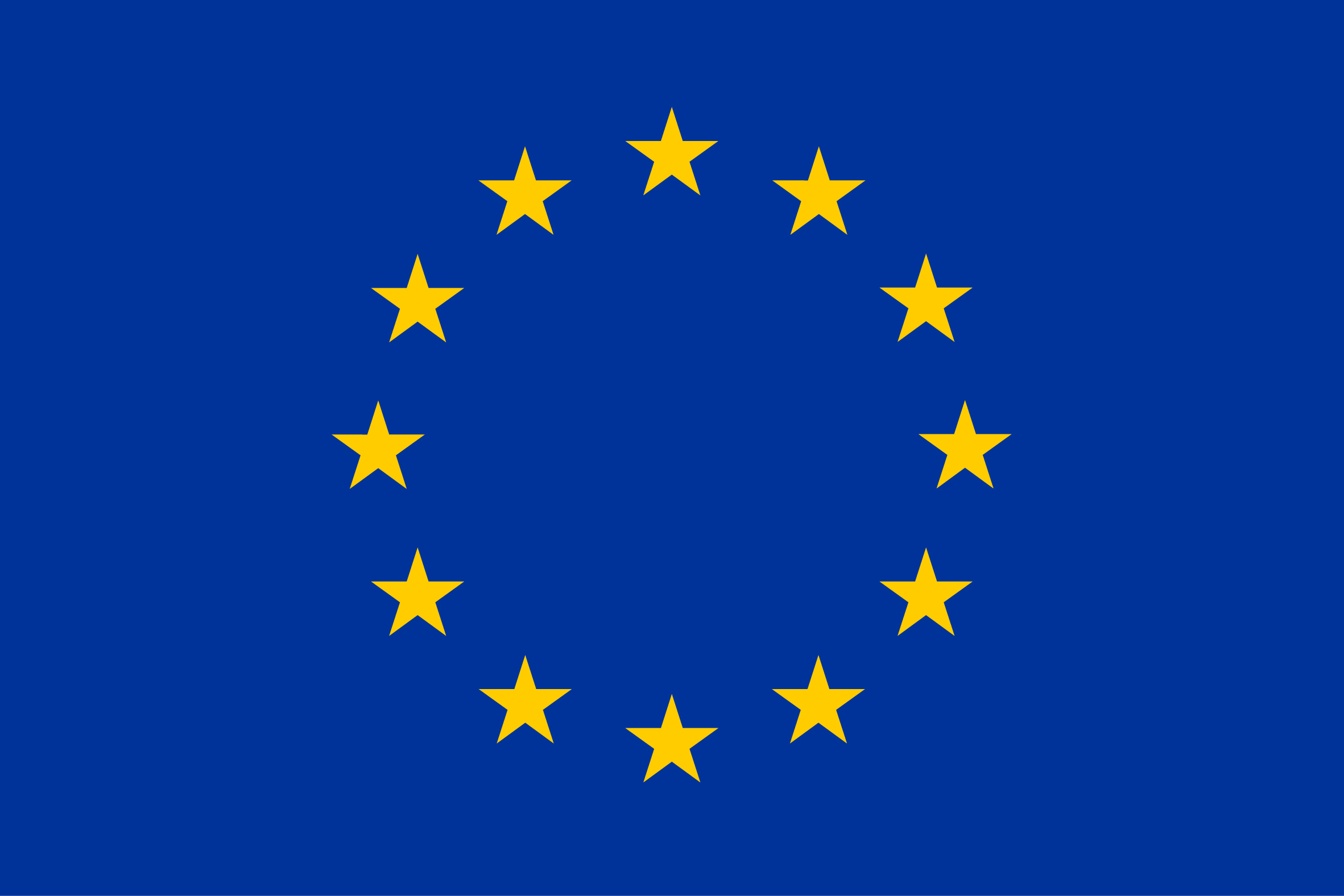
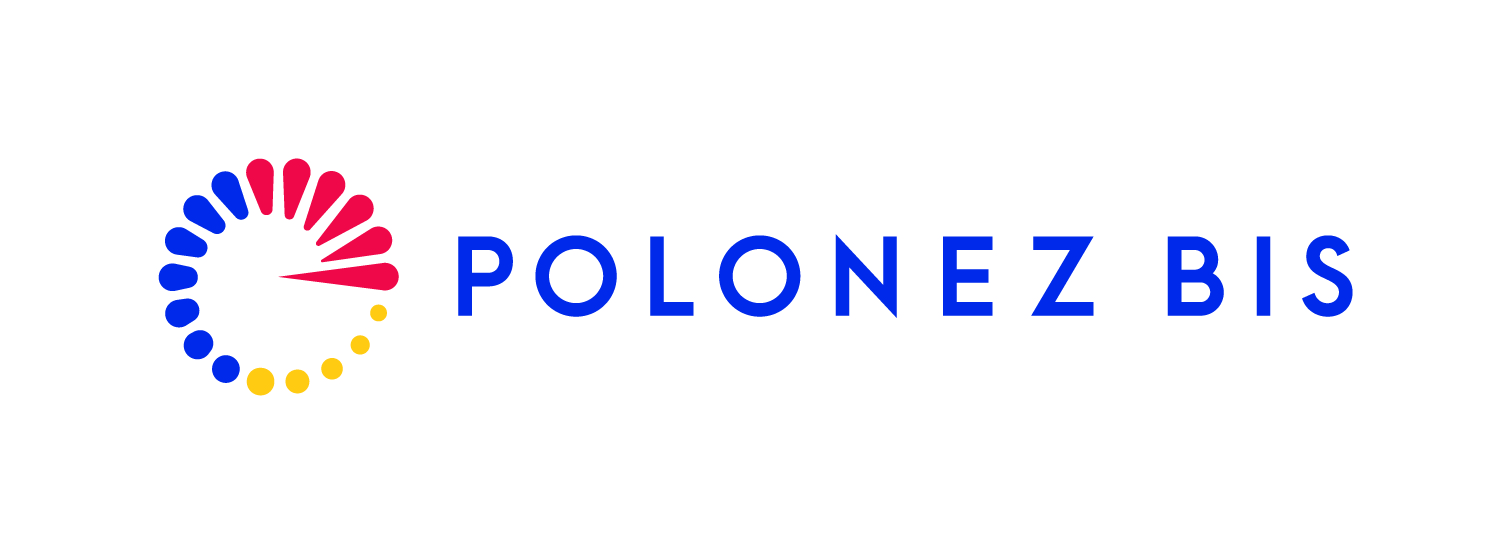
Who is pulling the strings?
The importance of nutrition in a host-parasite system
Acronym: Nutrition
This research is part of the project No. 2022/45/P/NZ8/04018 co-funded by the National Science Centre and the European Union Framework Programme for Research and Innovation Horizon 2020 under the Marie Skłodowska-Curie grant agreement No. 945339.


Principal Investigator: Enikő Csata
Mentor: Magdalena Witek
Summary
How and what animals eat has a significant impact on their lives, as evidenced by the fact that organisms ranging from yeats to humans tend to have shorter lifespans when consuming a high protein to carbohydrate ratio diet. This could be linked to the immune system, as malnutrition can weaken an organism’s ability to fight infections and, ultimately, its survival. Parasites and pathogens play an important role in animal nutrition, yet they are often overlooked in nutritional studies. Fighting infections involves a range of strategies, from physical barriers to physiological and behavioral responses. The nervous system coordinates many of these behavioral strategies, including feeding, making it an essential component in the link between animal health, the immune system, and nutrition. To better understand this link, our project will investigate how nutrition and neuronal control of behavior interact in highly integrated animal groups, such as ant colonies (Figure 1).

Figure 1. Conceptual diagram of the project.
Our hypotheses center on the importance of nutrition in the face of infection and aim to understand the link between infection and nervous system, which can be influenced by nutrition.
Using Myrmica scabrinodis ants and the obligate ectoparasitic fungus Rickia wasmannii (Fig 2), we will examine how the ratio of macronutrients in the diet affects investment into the immune response of individuals and we will explore whether neuromodulatory mechanisms underlying behavioral manipulation by parasites change according to diet.

Figure 2. Head and gaster of a M. scabrinodis worker infected with R. wasmannii (photo taken by Ciprian Mihali). For further information see Csata et al. 2017 Sci Rep, Csata et al. 2023 Comm. Biol.
The project will shed light on the complexity of host-parasite interactions and host defense mechanisms underlying animal nutrition, both at the individual and collective level.
Publications
https://scholar.google.hu/citations?user=FYwE_PsAAAAJ&hl=en
Location
Museum and Institute of Zoology of Warsaw, Polish Academy of Sciences
Group of Social and Myrmecophilous Insects Contact Enikő Csata: Ten adres pocztowy jest chroniony przed spamowaniem. Aby go zobaczyć, konieczne jest włączenie w przeglądarce obsługi JavaScript. Museum and Institute of Zoology, PAS ul. ul.Twarda 51/55, 00-818 Warszawa, Polska
Tracking the Past and Present: Investigating Aegeritella Fungal Infections in Red Wood Ants
Half a century ago, Polish scientists Stanisław Bałazy and Jerzy Wiśniewski conducted a pioneering study, screening red wood ant nests for a fascinating fungal parasite, Aegeritella. Now, 50 years later, our project revisits their work, tracing how the distribution of this fungus has evolved over time. By comparing today’s infection levels with historical data, we aim to uncover the ecological changes that have occurred, shedding light on the broader impacts on red wood ant populations and their ecosystems. Our findings could reveal key insights into the resilience of species and the shifting dynamics of parasite-host relationships.

"This is where our adventure began! (Warsaw, Museum and Institute of Zoology)! A huge thanks to the amazing team of Social and Myrmecophilus Insects for their invaluable support. Onward to exciting discoveries!"

"We packed up flyers and T-shirts for all the participants! We hope they love them as much as we do!"

"And here we are: Wielkopolski National Park! We're thrilled to have an international team on board, with researchers joining us from Germany and Hungary!"

"A team has already started sampling the ant nests! The weather is on our side, making it a perfect day for fieldwork!"

"Sampling is in full swing! We marked the ant nests and collected ten individuals from each one. Personally, I can’t wait to see the results of our work!"
"A huge thank to everyone who made this project possible! With the incredible help of our volunteers, we collected 4,220 ants from 422 nests! This effort wouldn’t have been possible without the support of Polonez BIS and National Science Center (Poland). Special thanks to the Museum and Institute of Zoology, PAS for always being there when I needed it. A big shoutout to the staff of Wielkopolski National Park for their invaluable assistance. And, of course, heartfelt gratitude to Bałazy S. and Wiśniewski J. for inspiring this research journey!"






